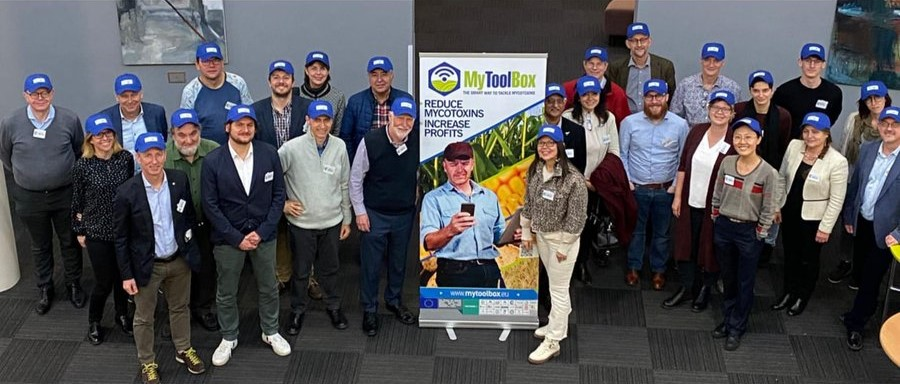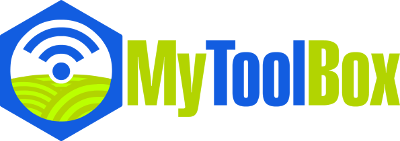On Tuesday 11th February 2020, CRANFIELD UNIVERSITY hosted the MyToolBox final meeting at their campus in Cranfield. The event marked the culmination of the project, which over the last four years investigated knowledge on prevention and control of mycotoxins. The event was attended by around 30 participants, including representatives from project partners and the advisory board.

The main aim of the conference was to bring all consortium partners together and present the ground-breaking results of four years of research.
As a project outcome the MyToolBox will provide free advice even before sowing the seeds for next year’s harvest. The delivered interactive web-based platform will make available easy to understand individual with customised options to mitigate fungal and mycotoxin problems. Make available in easy to understand advice for end-users
In the first session our project partners from HAU, PFNS and NIBO presented their findings on pre-harvest management strategies focusing on bio fumigation and biopesticides for wheat and oats as well as on resistant cultivars and atoxigenic strains in maize.
The second session focused on post-harvest management strategies as storage of cereals and peanuts, thermal processing, sorting of dried figs and the use of enzymes in bioethanol production presented by BARILLA, CRANFIELD, EVK, TARIS, FLI, BIOMIN and SÜDZUCKER.
In the third session socio-economic aspects have been targeted by FLI, CAAS-FRI, BFR and WUR such as feeding trials, end-user feedback, policy consultations on transfer rates and the socio-economic impact.
The focus of the fourth session was about project dissemination, communication and exploitation presented by ICC and IRIS.
In the afternoon the fifth session focused on the MyToolBox platform itself and there the static information part as well as the field forecasting and the sensors have been presented. Furthermore, the exploitation of the e-platform after the project’s results was discussed to assure the further availability of the tool for the stakeholders which will be guaranteed in any case for the next three years.
In the closing session a full overview of deliverables and milestones achieved has been given by the Scientific Manager and Deputy Coordinator Dr. Monique de Nijs from the Wageningen Food Safety Research (WFSR) while the Project Advisory Board gave their final conclusion. The take home message has been that highly valuable results have been achieved which clearly can impact the mycotoxin contamination in Europe and a research network has been established which will provide further impact on mycotoxin also beyond the project end.
